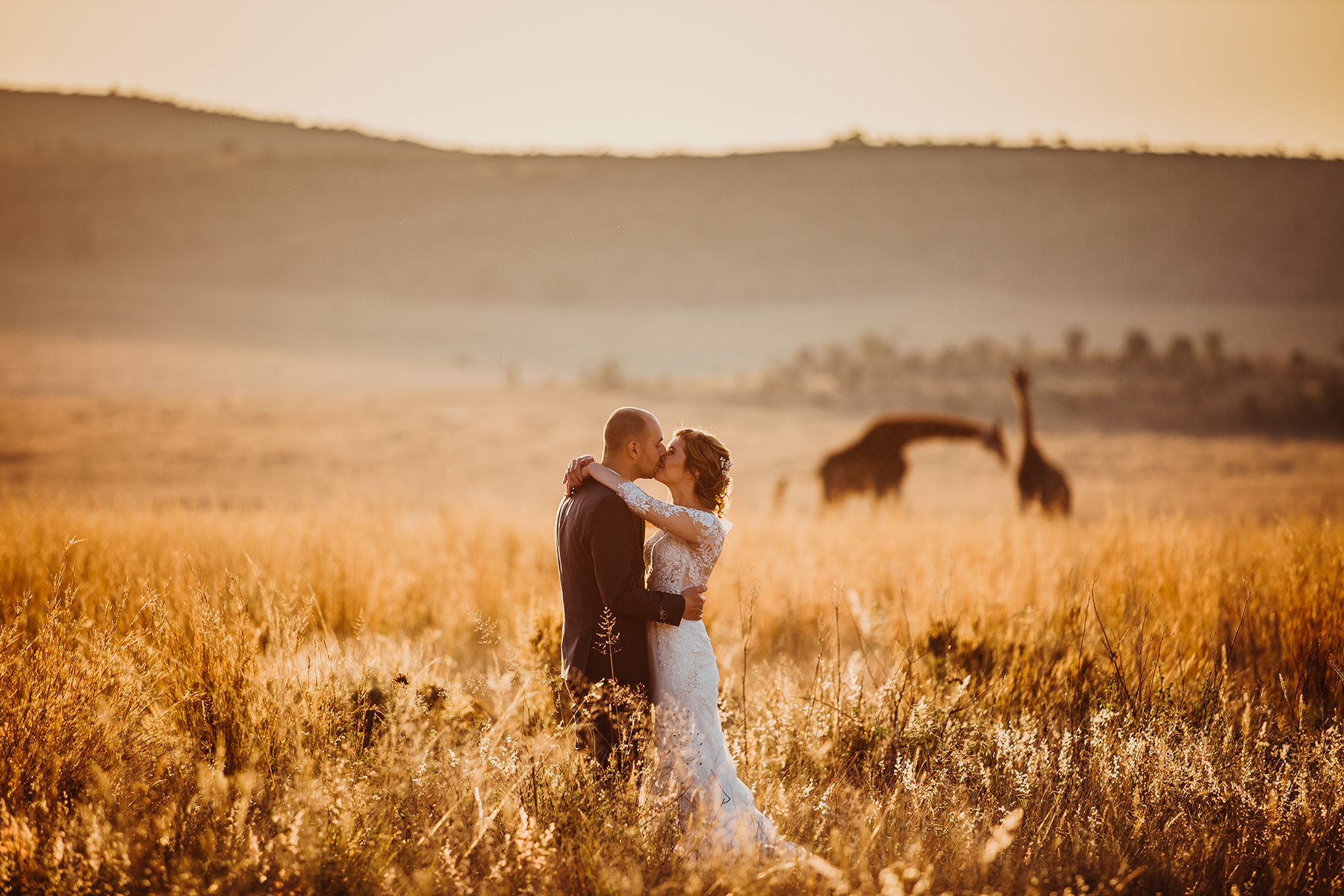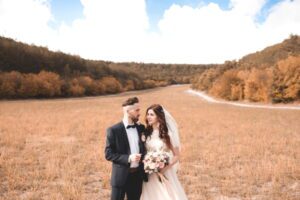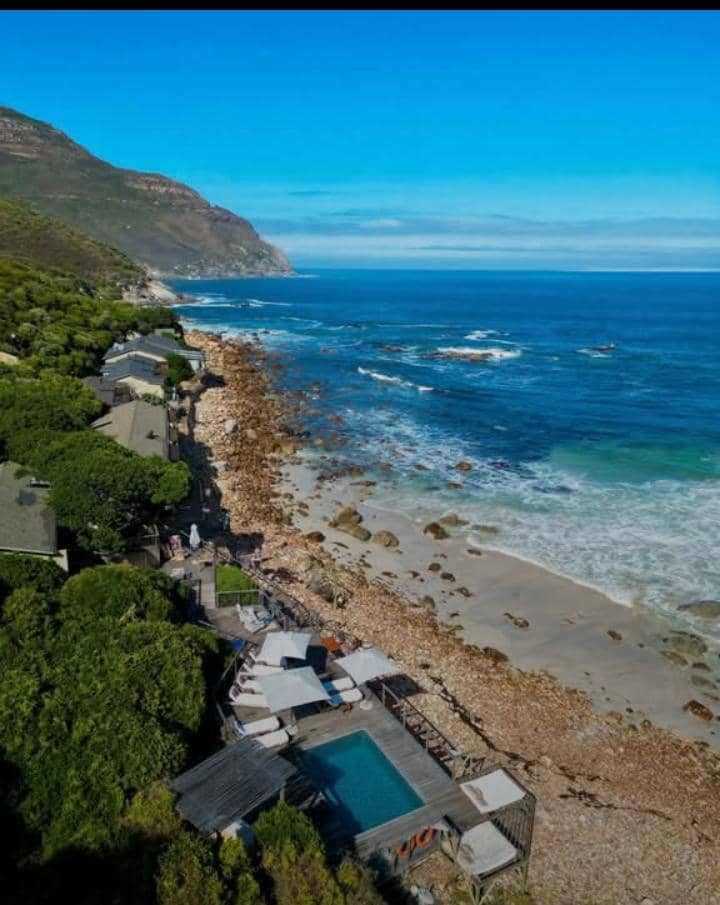
5 Breathtaking Safari Encounters That Changed Views on Wildlife Conservation

Witness the power of nature through extraordinary safari encounters that have reshaped perspectives on wildlife conservation. This article presents five remarkable stories, each offering unique insights from field experts and conservationists. These firsthand accounts showcase how unexpected moments in the wild can profoundly impact our understanding and approach to protecting the natural world.
- Scuba Diving Inspires Ocean Conservation Efforts
- Lost Anti-Poaching Dog Rescued on Safari
- Lioness Hunt Lesson Transforms Therapy Approach
- Monkeys Adapt to Glamping Site
- Elephant River Crossing Emphasizes Natural Rhythms
Scuba Diving Inspires Ocean Conservation Efforts
While not technically a safari, my experience with scuba diving has deepened my engagement in wildlife conservation. With 70% of the Earth covered in water, it's more crucial than ever that we all advocate to protect the seas from pollution and overfishing, and start recovering the tons of plastic currently in our oceans.
One of the most incredible encounters I've had in my life was when I swam with whale sharks in the Philippines (https://planetofadventures.com/solo-backpacking-in-donsol/). It's one of those experiences that allows you to admire the enormity of our natural world.
We're all responsible for this, from the choices we make to the people we vote for. Let's all work together and start fixing the mess created over the past few decades.
.png)
Juan Castells, Travel Blogger, Planet of Adventures
Lost Anti-Poaching Dog Rescued on Safari
Sometimes, it's not the usual wildlife encounter you expect that moves you the most. One of our most incredible experiences on a Kruger Park safari in South Africa was finding a lost anti-poaching dog which had gone missing and spent the night alone in the bush.
Our safari guide, Simon, was alerted by the park rangers about the missing tracking dog in the evening and asked to keep a lookout. The next morning, we found the dog, called Duke, during our morning game drive with Wild Wings Safaris, just down the road from two big male lions patrolling their territory. If we hadn't found Duke when we did, he would've probably become lunch for those lions. The tracking dog was very happy to be reunited with his handler!
This incredible experience was a moving moment for our guide as well as our guests on safari, and brought home the daily risks and dangers faced by park rangers and their loyal tracking dogs who keep our wildlife safe from poachers. Seeing those two magnificent male lions was breathtaking, but seeing Duke reunited with his K9 handler was even more special!
.png)
Onne Vegter, Managing Director, Wild Wings Safaris
Lioness Hunt Lesson Transforms Therapy Approach
As a traveling therapist who recently completed a 28-day safari through Kenya and Tanzania, I found the most breathtaking moment to be watching a lioness teach her cubs to hunt at dawn in the Serengeti. We sat in complete silence for over an hour as she patiently demonstrated stalking techniques, with the cubs mimicking her every move.
What struck me most was realizing how this mirrors the work I do with therapists in my practice - it's all about teaching sustainable skills for long-term success. The lioness wasn't just feeding her cubs; she was ensuring their survival through patient, repeated instruction.
This experience completely changed how I structure my "DIY Insurance Billing for Private Practice" course. Instead of just giving therapists quick solutions, I now focus on building foundational skills they can adapt and teach others, just like that lioness created a ripple effect of knowledge.
The conservation impact hit me when our guide explained that every safari dollar directly funds anti-poaching efforts and local community programs. I took my family of four on this bucket-list trip, and knowing our tourism investment was protecting these teaching moments for future generations made the $15,000 expense feel like a conservation contribution, not just a vacation.
.png)
Kym Tolson, Therapist Coach, The Traveling Therapist
Monkeys Adapt to Glamping Site
While I haven't been on a traditional African safari, I've had incredible wildlife encounters while setting up glamping sites in remote locations across six continents. The most breathtaking was in Central America when a family of howler monkeys appeared at dawn while we were installing bell tents in the jungle canopy.
What struck me wasn't just their presence, but how they adapted to our temporary structures. They used our tent guy-lines as highways between trees, completely integrating our camp into their natural habitat. This moment shifted my entire approach to site planning.
Now when I consult on glamping locations, I always factor in wildlife corridors and seasonal migration patterns. At one desert site in Africa, we repositioned 12 tents after noticing elephant pathways during our three-day setup process. The property now sees 40% higher guest satisfaction because animals naturally move through the camp.
This experience taught me that successful outdoor hospitality isn't about conquering nature--it's about becoming part of the ecosystem. Every tent placement decision I make now considers how local wildlife will interact with the space, creating better experiences for both guests and animals.
.png)
Caitlyn Stout, Owner, Stout Tent
Elephant River Crossing Emphasizes Natural Rhythms
My most breathtaking safari encounter was seeing a herd of elephants cross the river at sunrise in Botswana. The silence, broken only by the sound of water and their movements, made me realize how powerful it is to witness animals in their natural rhythm. It was both humbling and unforgettable.
That moment stayed with me when I later wrote about safaris for The Traveler. It reminded me that conservation is not just about protecting animals but about preserving the spaces where these natural behaviors can continue. Seeing wildlife in the wild changes how you value it, and it makes conservation feel personal.
.png)
Alex Cornici, Founder and Editor-in-Chief, The Traveler



.jpeg)

























.png)
